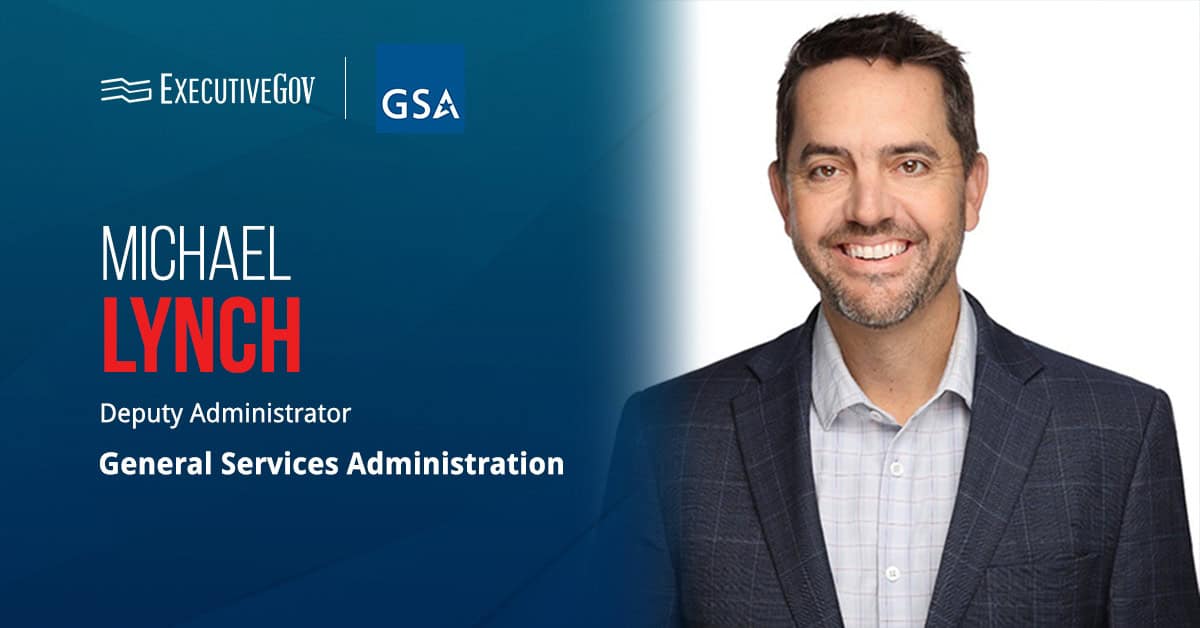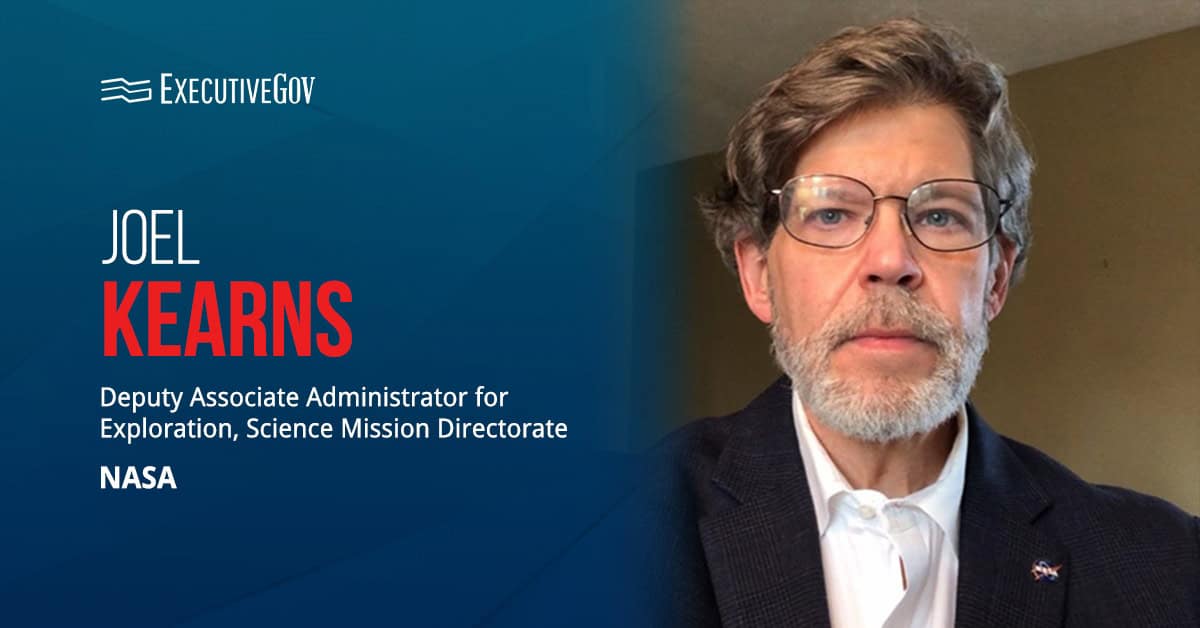
Jerome Powell, a Federal Reserve governor since May 2012 with nearly three decades of business experience, has been nominated by President Donald Trump to chair the central bank, the White House announced Thursday.
If confirmed, Powell would serve a four-year term beginning Feb. 3, 2018, and succeed current Federal Reserve Chair Janet Yellen.
He previously served as Treasury Department undersecretary during the George H.W. Bush administration and worked as New York City-based lawyer and investment banker before he joined the federal government.
Powell also worked as a visiting scholar at the Washington-based Bipartisan Policy Center and a partner at Carlyle Group.
Powell holds a bachelor’s degree in politics from Princeton University and a juris doctorate from Georgetown University.





